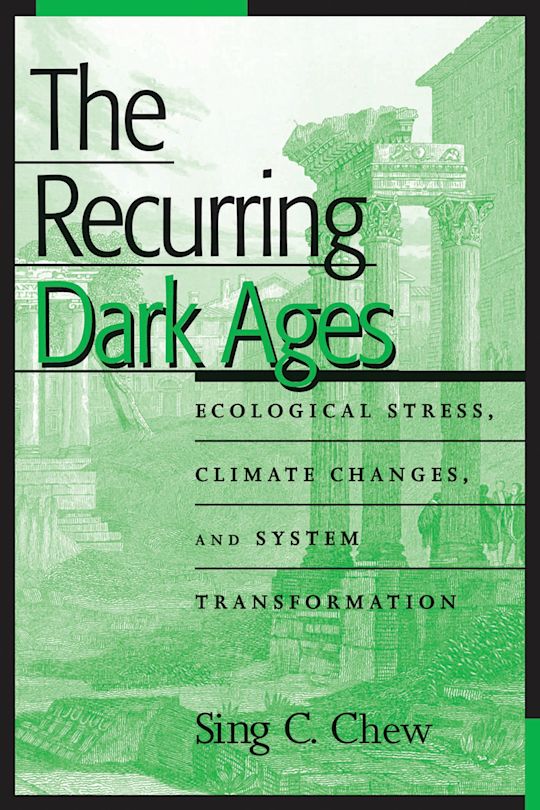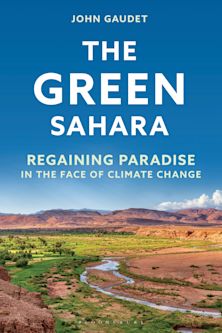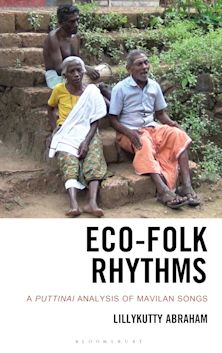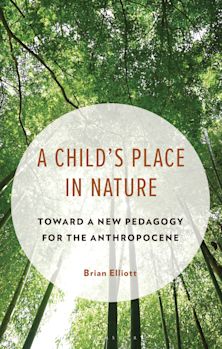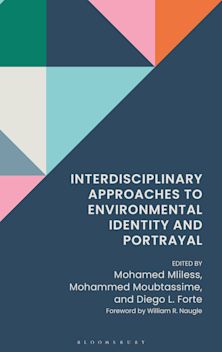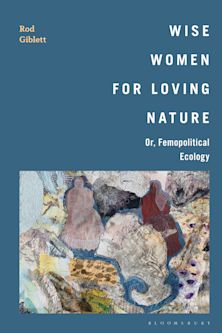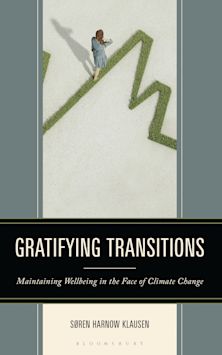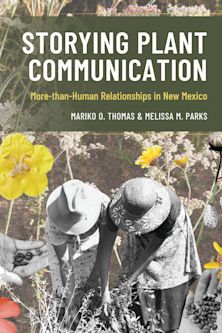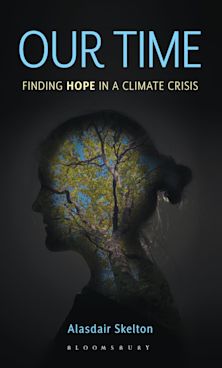- Home
- ACADEMIC
- Environmental Studies
- The Recurring Dark Ages
The Recurring Dark Ages
Ecological Stress, Climate Changes, and System Transformation
- Textbook
The Recurring Dark Ages
Ecological Stress, Climate Changes, and System Transformation
- Textbook
Inspection copy added to basket
This title is available for inspection copy requests.
Please note our inspection copies are only available in ebook format, and are fulfilled by VitalSource™. If an ebook isn’t available, please visit our inspection copy page for more information.
Buy from Bloomsbury eTextBooks
You are now leaving the Bloomsbury Publishing website. Your eBook purchase will be with our partner https://www.vitalsource.com.
Your credit card statement will show this purchase originating from VitalSource Technologies. They will also provide any technical assistance you might require.
You must sign in to add this item to your wishlist. Please sign in or create an account
Description
In this modern era of global environmental crisis, Sing Chew provides a convincing analysis of the recurring human and environmental crises identified as Dark Ages. In this, his second of a three-volume series concerning world ecological degradation, Chew reviews the past 5,000-year history of structural conditions and processes that define the relationship between nature and culture. Chew's message about the coming Dark Ages, as human communities continue to reorganize to meet the contingencies of ecological scarcity and climate changes, is a must-read for those concerned with human interactions and environmental changes, including environmental anthropologists and historians, world historians, geographers, archaeologists, and environmental scientists.
Table of Contents
Part 2 I.The Dark Ages over World History
Chapter 3 1 System Crisis
Part 4 II.The Crisis of the Bronze Age
Chapter 5 2 Nature and Culture
Chapter 6 3 Ecological Crisis and System Transformation
Part 7 III.The Crisis of Antiquity
Chapter 8 4 Intensification of Natural and Social Systems Relations
Chapter 9 5 A Period of Darkness
Part 10 IV. System Transformation
Chapter 11 6 From the Past to the Future: Whither System Transformation?
Chapter 13 Appendix 1: Arboreal Pollen Influxes
Chapter 14 Appendix 2: Plantago Pollen Influxes
Chapter 15 Appendix 3: Arboreal and NonArboreal Pollen Influxes Percentages
Product details
| Published | 19 Dec 2006 |
|---|---|
| Format | Ebook (Epub & Mobi) |
| Edition | 1st |
| Extent | 314 |
| ISBN | 9780759114029 |
| Imprint | AltaMira Press |
| Publisher | Bloomsbury Publishing |
About the contributors
Reviews
-
Dr. Chew's long awaited sequel to World Ecological Degradation provides the reader with new insights on the contemporary environmental crisis by providing a broad, long-range perspective on the interactions between natural changes and cultural changes. Interdisciplinary in scope, rich in theory and data, The Recurring Dark Ages helps the reader understand globalization in historical perspective.
Bill Devall, author, Deep Ecology and Living Richly in an Age of Limits
-
Sing Chew offers groundbreaking insights for anyone seeking help in understanding the uneven course of the history of human culture in the context of nature. By a fine analysis of the times often discounted in world histories, Sing Chew provides a masterful new way of seeing the import of the interaction of human societies and the forces of the natural world.
J Donald Hughes, University of Denver, and editor, The Face of the Earth
-
Recurring Dark Ages takes ecological disasters based on systematic long-term overexploitation back to the beginnings of urban life and early industrialization in the Bronze Age. Sing Chew thus situates Dark Ages in a long-term historical perspective linked to the operation of an ancient world system. The book provides an original historical framework for understanding Dark Ages past and present.
Kristian Kristiansen, Goteborgs Universitet; coauthor with Thomas B. Larsson, The Rise of Bronze Age Society
-
This could be a fascinating romp through world history; each chapter whizzes across space and time in lightening fashion....The strength of this approach is the way it synthesizes and presents so much information about the ingenuity of diverse communities and their efforts to produce and trade across large distances and on changing ecological terrains, and it does so with a novel and persuasive analytic frame.
Contemporary Sociology
-
The world system has evolved and continues to do so. The question is what drives this evolutionary process. Sing Chew has developed a substantial argument built around intermittent and, hitherto, poorly understood Dark Ages. Chew shines an analytical light on the phases of deterioration that we usually ignore while favoring the periods of growth and expansion. Yet it is unlikely that you can have one without the other.
William Thompson, Indiana University, Bloomington, and past president of the International Studies Association









